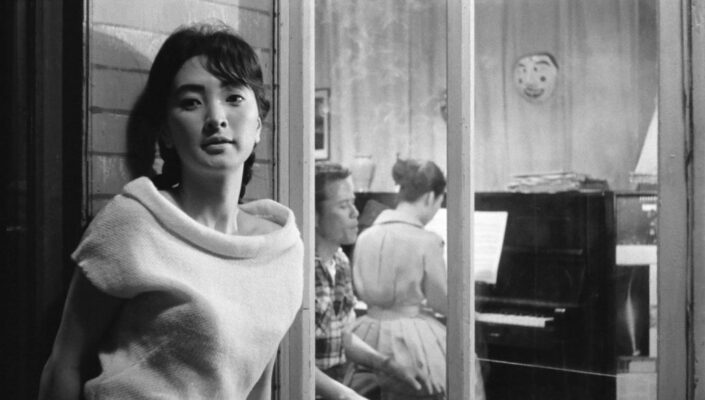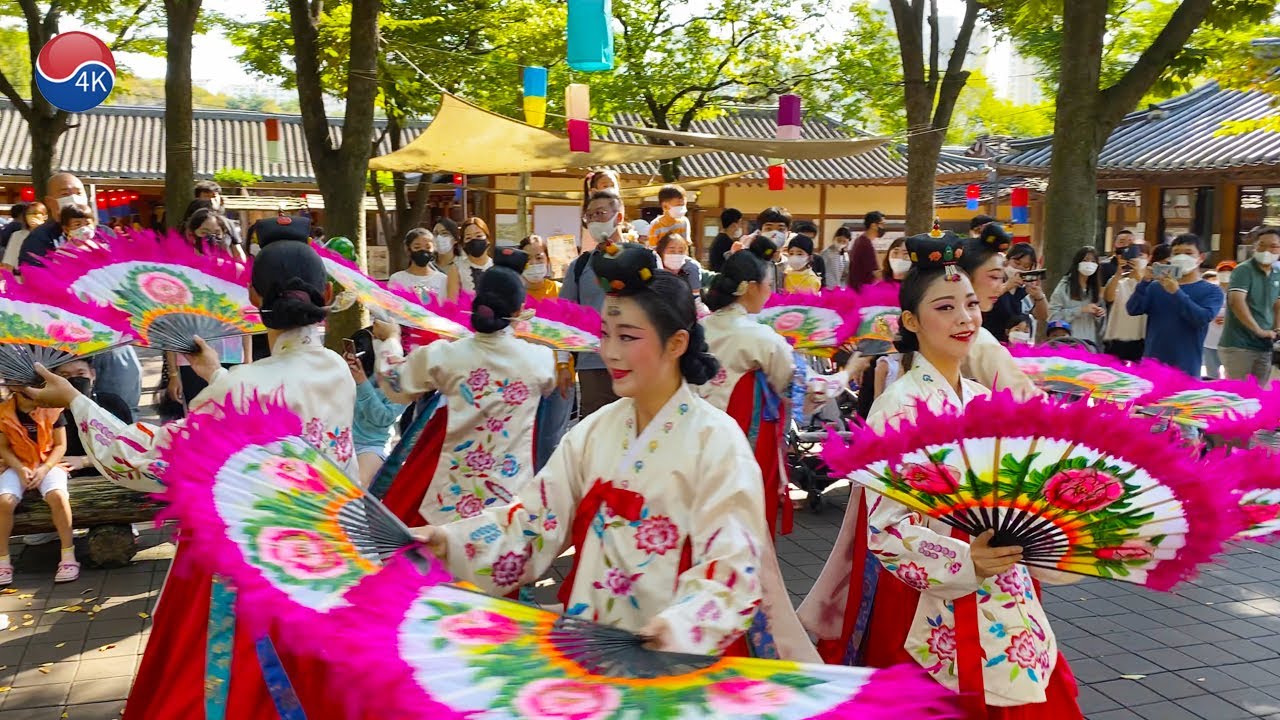Korean Drama, or K-drama, has emerged as a global phenomenon in recent years, captivating audiences around the world with its unique blend of emotion, romance, and humor. The popularity of K-dramas can be largely attributed to the rise of the Korean Wave, or Hallyu, a term that refers to the increasing global influence of South Korean culture.
This phenomenon has led to the growth of various facets of Korean entertainment, including Korean movies, K-pop, and Korean culture as a whole. This article will delve into the world of Korean Drama, exploring its roots, influences, and the various entities connected to it.
History of Korean Drama

The history of Korean Drama can be traced back to the early 1960s when television was first introduced in South Korea. Over the years, K-dramas have evolved in terms of storytelling, production quality, and themes, catering to the changing tastes of the audience.
The 1990s saw a significant shift in the Korean entertainment industry, with the production of dramas that focused on contemporary issues, such as family, love, and societal challenges. This marked the beginning of the Korean Wave, as these dramas started to gain international recognition, particularly in other Asian countries.
The 21st century saw a further expansion of the K-drama industry, with dramas being exported to more than 100 countries worldwide. The popularity of K-dramas has grown exponentially, thanks to the digital age, making it easier for audiences to access and consume content.
Korean Movies and K-dramas

Korean movies and K-dramas share a symbiotic relationship, as both industries have contributed to the growth of the other. Several popular K-drama actors and actresses have successfully made the transition to the big screen, while many Korean movies are often adapted into television dramas.
The success of Korean films, such as “Parasite” and “Train to Busan,” has further elevated the status of Korean entertainment on the international stage, and by extension, boosted the popularity of K-dramas.
K-Pop and K-dramas

K-Pop, or Korean popular music, is another aspect of the Korean Wave that has garnered significant global attention. K-Pop idols often cross over into the world of K-dramas, either by contributing to the drama’s soundtrack or by taking on acting roles.
This collaboration between K-Pop and K-dramas has led to the creation of a unique entertainment ecosystem, where music and television complement each other, resulting in increased popularity for both industries.
Korean Culture

The global success of Korean dramas has not only put the spotlight on the country’s entertainment industry but also on its rich culture and traditions. K-dramas often showcase various aspects of Korean culture, such as cuisine, fashion, and traditional arts. This exposure has led to a surge in interest in Korean language courses, cooking classes, and even tourism, as fans seek to immerse themselves in the culture they see on screen.
The Impact of the Korean Wave
The Korean Wave has had a profound impact on South Korea’s economy and its soft power. The export of K-dramas, movies, and K-pop has generated significant revenue for the country, helping to fuel its economic growth.
Furthermore, the global influence of the Korean Wave has boosted South Korea’s diplomatic and cultural standing, as the country is now seen as a trendsetter in the world of entertainment and popular culture.
Conclusion
Korean Drama has evolved from modest beginnings to become a global cultural phenomenon, fueled by the Korean Wave and its various facets, including Korean movies, K-pop, and Korean culture. The continued growth and success of K-dramas can be attributed to the industry’s ability to adapt and innovate, as well as the support of a passionate and diverse fan base that spans the globe.
As the Korean entertainment industry continues to flourish, the world can expect to see even more captivating and engaging K-dramas in the years to come.
